The consumer behavior pattern within the beauty industry has lately shifted significantly due to increasing awareness of environmental concerns and a heightened demand for clean beauty and eco-friendly haircare products. This shift has been most apparent in the haircare segment, as consumers are intentionally looking for sustainable, healthier alternatives to traditional products.
As a result, manufacturers are adjusting their offerings to include more natural and organic haircare formulations while eliminating harmful chemicals like sulfates and parabens. Furthermore, the issue of sustainability in packaging is now a priority, as both consumers and brands seek to minimize their environmental impact. This movement reflects the broader trend of the green beauty revolution and the growing eco-consciousness of a new generation of consumers.
Influence on Haircare Formulations
Natural and Organic Ingredients
The demand for natural and organic ingredients in haircare products has risen sharply in recent years as society becomes more sensitive to the adverse effects synthetic chemicals can have on both health and the environment. Consumers increasingly prefer non-toxic haircare products free from sulfates, parabens, and synthetic fragrances, favoring those that are safer for their hair and the planet.
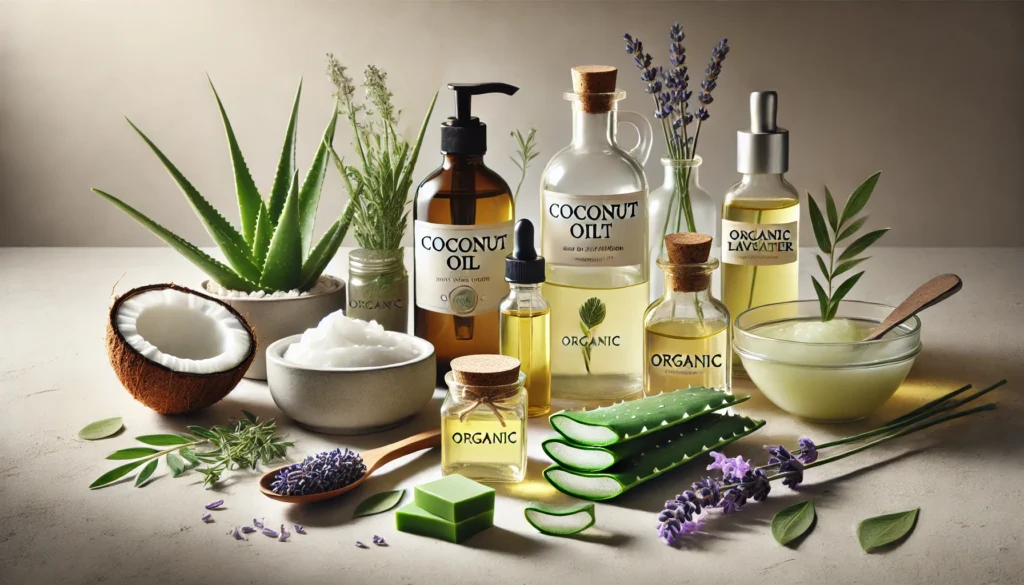
In response, haircare brands are reformulating their products to use more plant-based extracts, natural oils, and botanical ingredients. This transition not only meets consumer demand for transparency and safety but also aligns with the broader movement toward clean beauty and sustainability in the beauty industry.
Sustainability Certifications
Sustainability certifications are becoming crucial for brands aiming to attract eco-conscious consumers. Certifications like “Certified B Corp” and “Leaping Bunny” serve as indicators that a product meets stringent cruelty-free and environmental standards, from responsible sourcing to reduced carbon footprints. These certifications build trust with consumers, offering assurance that the products they choose align with their values.
For brands, obtaining these certifications is strategic—it enhances their credibility and forces them to adopt sustainable beauty practices across their operations, which is increasingly expected in the era of ethical beauty.
Water Conservation in Formulations
Water conservation has become another focal point in the development of sustainable haircare products. As consumers become more conscious of their water usage, brands are developing waterless haircare products and promoting habits that conserve water. Concentrated formulas such as dry shampoos and leave-in conditioners require less water during use, while some brands are creating solid haircare products that eliminate water entirely.
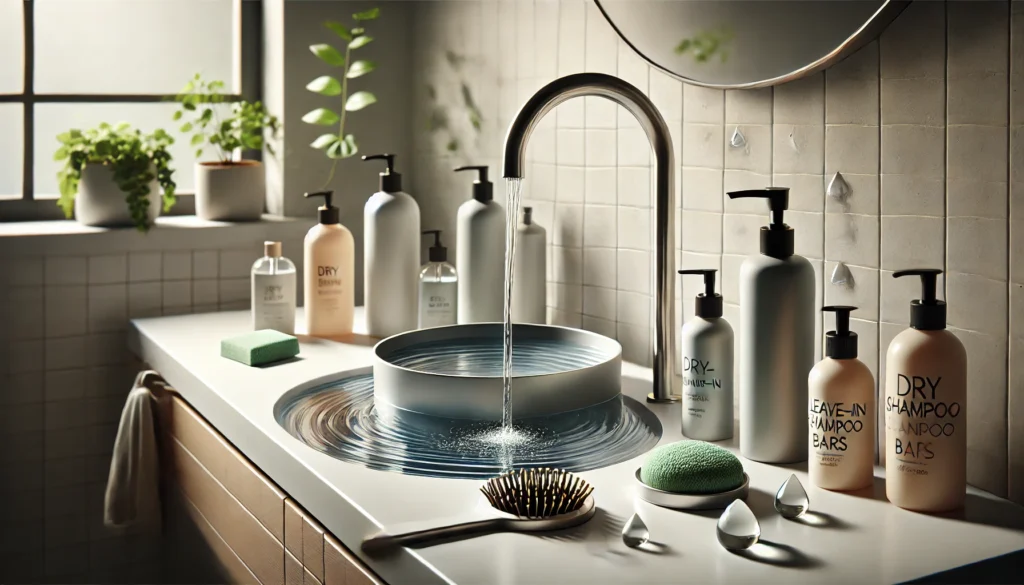
Additionally, the message that washing hair less frequently is better for both the environment and the health of hair has gained traction. These practices align with the broader trend of low-waste haircare and the shift toward a more sustainable lifestyle.
Influence on Packaging Practices
Eco-Friendly Packaging Materials
The transition to eco-friendly packaging materials is one of the most significant trends in the haircare industry today. Brands are moving away from traditional plastics in favor of more sustainable packaging solutions such as plant-based plastics, compostable paper, and glass containers. For instance, plant-based plastics made from renewable resources like corn or sugarcane help reduce dependence on fossil fuels.
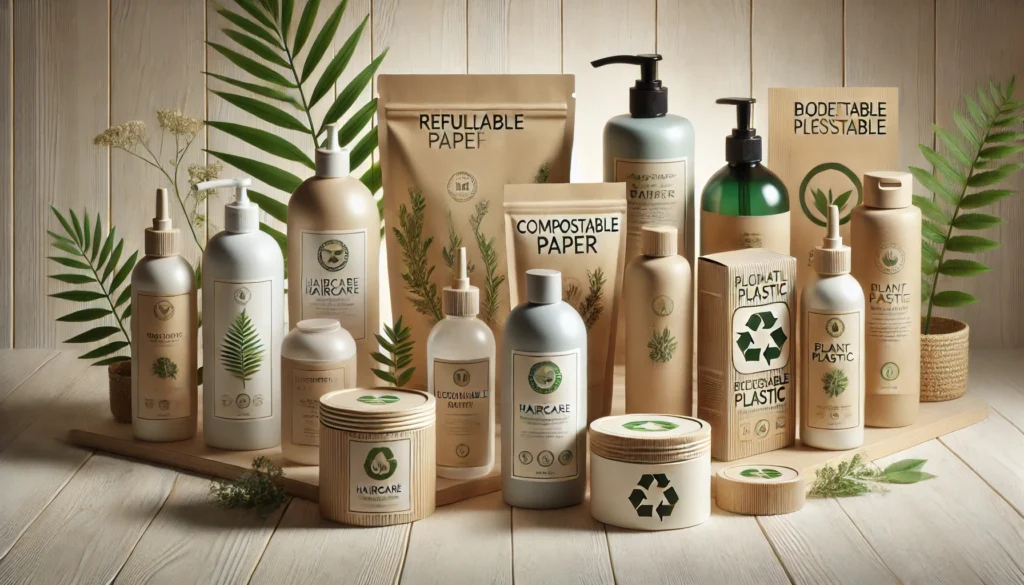
Meanwhile, compostable packaging breaks down naturally in the environment, reducing waste, and glass packaging can be easily recycled or reused. These materials contribute to reducing the long-term environmental impact of packaging waste and resonate with green beauty consumers who value recyclable and biodegradable packaging options.
Zero Waste Initiatives
Zero waste beauty is gaining momentum as brands adopt innovative solutions to minimize packaging waste. Refillable options and the use of post-consumer recycled materials are becoming common, ensuring a reduced environmental footprint. Companies like Amika and JVN offer refillable packaging, allowing consumers to purchase a container once and refill it as needed, reducing single-use plastic waste. Other companies are going a step further by eliminating plastic altogether, opting for biodegradable materials or zero packaging where possible.
These zero waste initiatives not only appeal to eco-conscious consumers but also set a new standard for sustainable packaging practices within the beauty industry.
Shampoo Bars and Solid Haircare Products
Shampoo bars and other solid haircare products are steadily gaining popularity as consumers seek more eco-friendly haircare solutions. These products typically come with minimal or no packaging, significantly reducing the amount of plastic waste associated with traditional liquid shampoos. Their waterless, concentrated formulas last longer and require less packaging, making them a key part of the zero waste beauty movement.
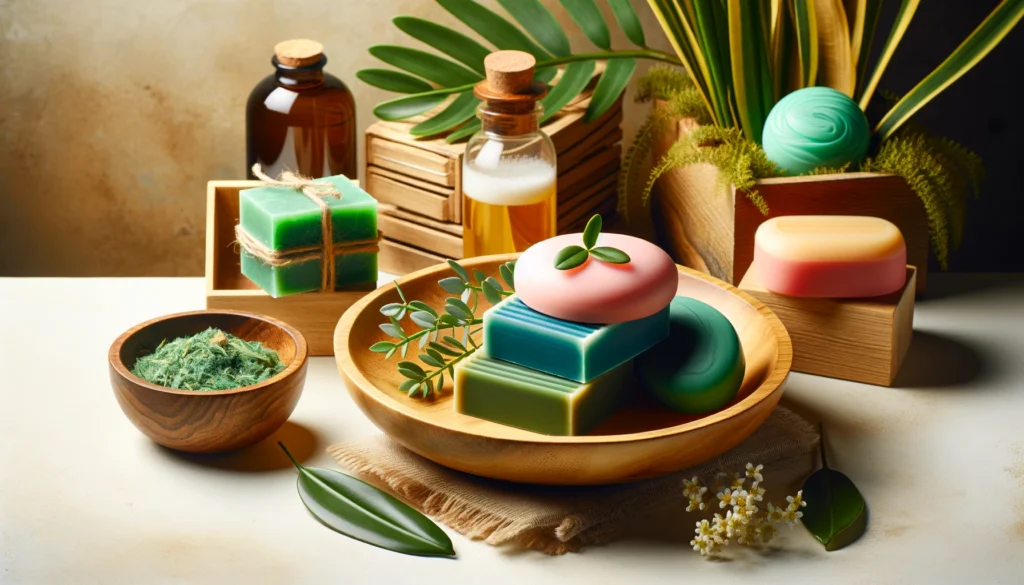
Additionally, solid haircare products often feature natural ingredients, further aligning with the clean beauty trend. As a result, these products offer a dual benefit: they help eliminate plastic waste while supporting the shift towards sustainable beauty practices.
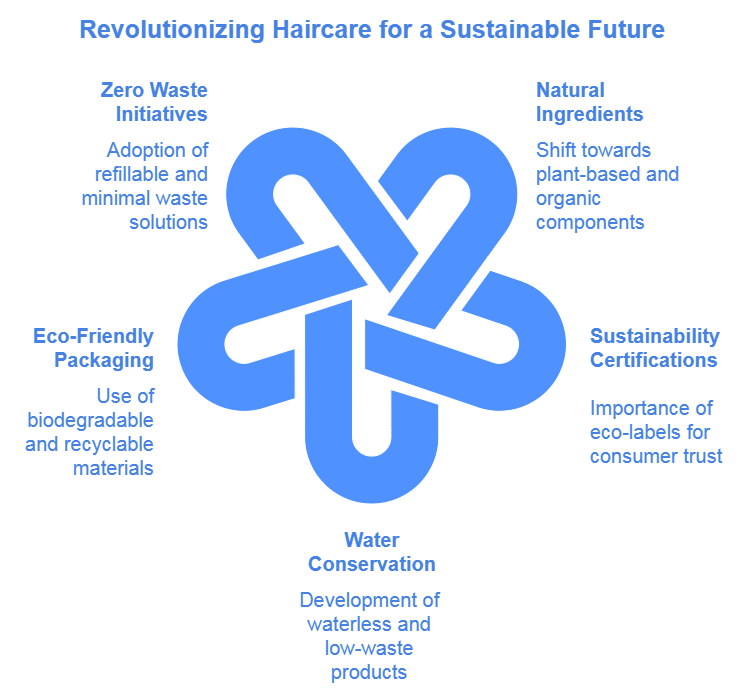
The rising consumer demand for clean, green beauty products is revolutionizing both haircare formulations and packaging practices. Haircare brands are embracing natural and organic ingredients, phasing out harmful chemicals, and obtaining sustainability certifications to appeal to eco-conscious consumers. At the same time, brands are adopting water-saving and low-waste practices, contributing to a more sustainable lifestyle. On the packaging front, the industry is shifting toward biodegradable, recyclable, and plastic-free packaging, with many companies adopting zero waste initiatives to reduce their environmental footprint.
These trends reflect the beauty industry’s growing commitment to sustainability and the importance of catering to modern consumer preferences for eco-friendly and ethical beauty products. Ultimately, this movement is not only satisfying contemporary demand but also helping to create a more eco-conscious future for the haircare industry.
You can check this out, if feeling interested. Also, you may want to visit our blog page for other contents that might interest you.
What are the key benefits of using natural and organic haircare products?
Natural and organic haircare products are free from harmful chemicals like sulfates and parabens, making them safer for both your hair and the environment. They are made with plant-based ingredients that nourish your hair, reduce scalp irritation, and minimize the risk of long-term damage caused by synthetic chemicals.
How do sustainability certifications affect my choice of haircare products?
Sustainability certifications, such as “Certified B Corp” or “Leaping Bunny,” ensure that a product meets strict environmental and cruelty-free standards. Choosing certified products supports ethical brands that prioritize eco-friendly sourcing, production, and packaging, helping you make more responsible purchasing decisions.
How can waterless haircare products benefit the environment?
Waterless haircare products, such as dry shampoos or solid conditioners, reduce water usage during both manufacturing and personal use. These concentrated formulas last longer and help conserve water, making them an excellent choice for environmentally conscious consumers looking to lower their ecological footprint.
Why is eco-friendly packaging important in the haircare industry?
Eco-friendly packaging, like plant-based plastics and compostable materials, reduces waste and dependence on fossil fuels. Switching to biodegradable and recyclable packaging options helps reduce plastic waste, contributing to a cleaner environment while aligning with consumers’ desire for sustainable beauty products.
What is the zero-waste beauty movement, and how does it impact haircare packaging?
The zero-waste beauty movement focuses on minimizing packaging waste by offering refillable containers, using post-consumer recycled materials, and promoting plastic-free packaging options like shampoo bars. This initiative reduces environmental impact and encourages consumers to choose more sustainable products, paving the way for a greener future in the beauty industry.

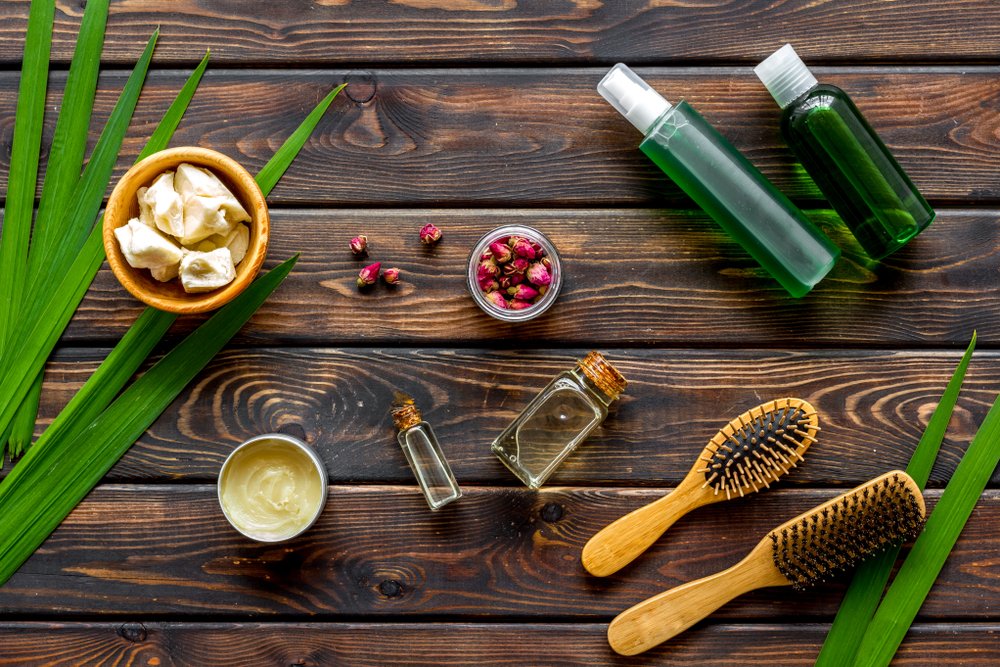
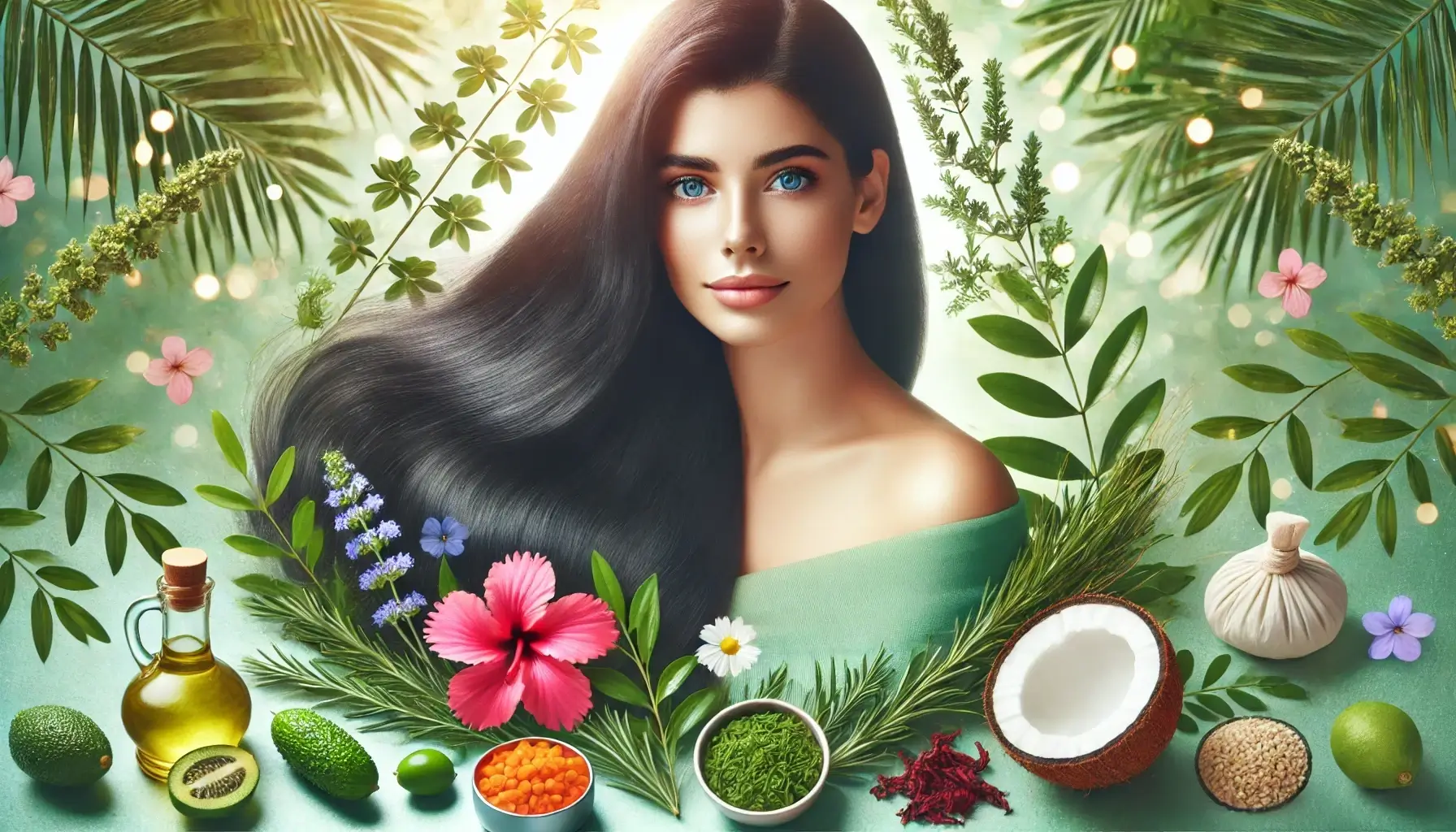
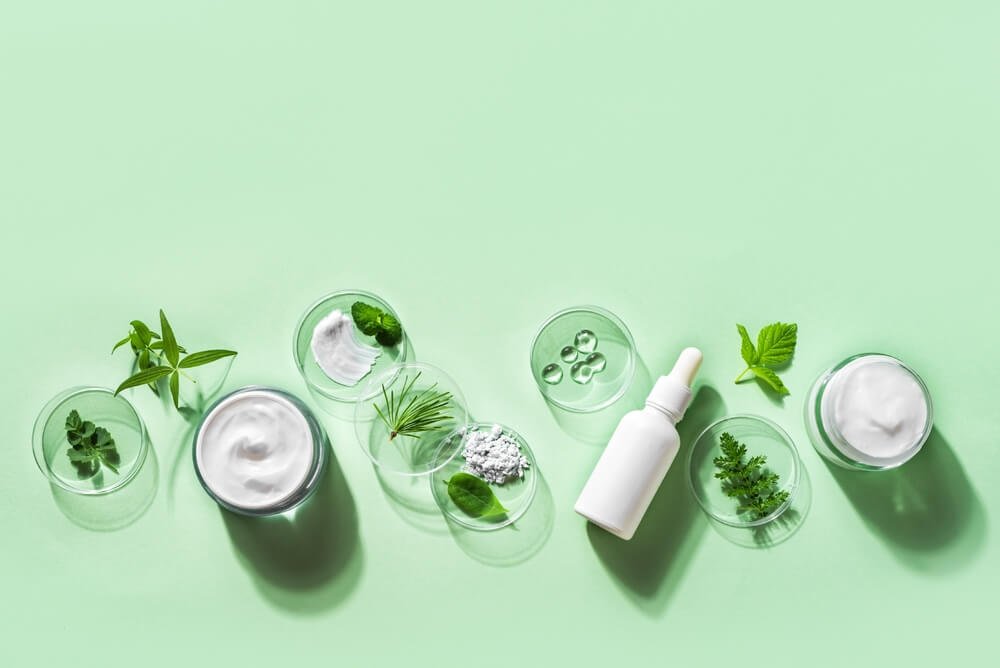

Leave a Reply